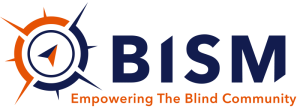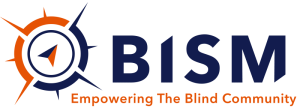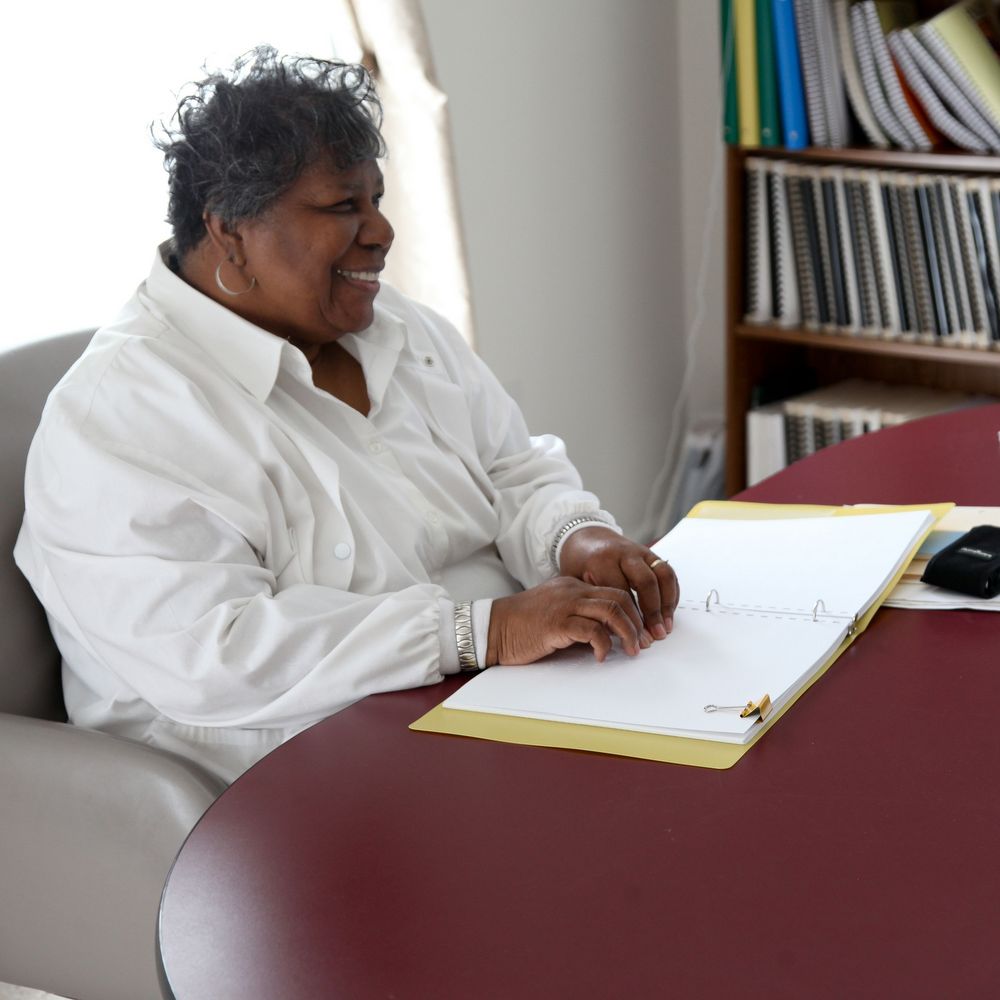Braille is a system of raised dots that can be read with the fingers by people who are blind or have low vision. It is a crucial tool for literacy and education, allowing blind individuals to read and write independently, just like their sighted peers.
In the past, blind individuals were often excluded from education or had limited access to information. Braille changed this by providing a way for them to access written material on their own. Today, braille is used in a variety of settings, including schools, universities, and workplaces, to ensure that blind individuals have equal access to information and can participate fully in their studies and careers.
One of the key benefits of braille is that it allows blind individuals to learn at their own pace, just like sighted individuals. They can read and write independently, without relying on someone else to read material aloud to them or write down their thoughts. This independence is crucial for building confidence and self-esteem, and it enables blind individuals to fully participate in their education and careers.
In addition to providing access to written material, braille also helps blind individuals develop fine motor skills and hand-eye coordination. Reading braille requires precise finger movements and the ability to distinguish between different patterns of raised dots. These skills can be transferable to other tasks, such as using a keyboard or other assistive technology.
Despite the numerous benefits of braille, it is often overlooked or underfunded in education systems around the world. This can lead to a lack of resources and trained teachers, resulting in limited access to braille for blind individuals. It is important for education systems to prioritize braille and provide the necessary resources and support to ensure that blind individuals have equal access to education.
Braille is a crucial tool for literacy and education for blind individuals. It allows them to read and write independently, develop fine motor skills, and participate fully in their education and careers. It is important for education systems to prioritize braille and provide the necessary resources and support to ensure that all individuals have equal access to education.
Access to communication in the widest sense is access to knowledge, and that is vitally important for us if we [the blind] are not to go on being despised or patronized by condescending sighted people. We do not need pity, nor do we need to be reminded we are vulnerable. We must be treated as equals – and communication is the way this can be brought about.
-Louis Braille, Ca. 1824



